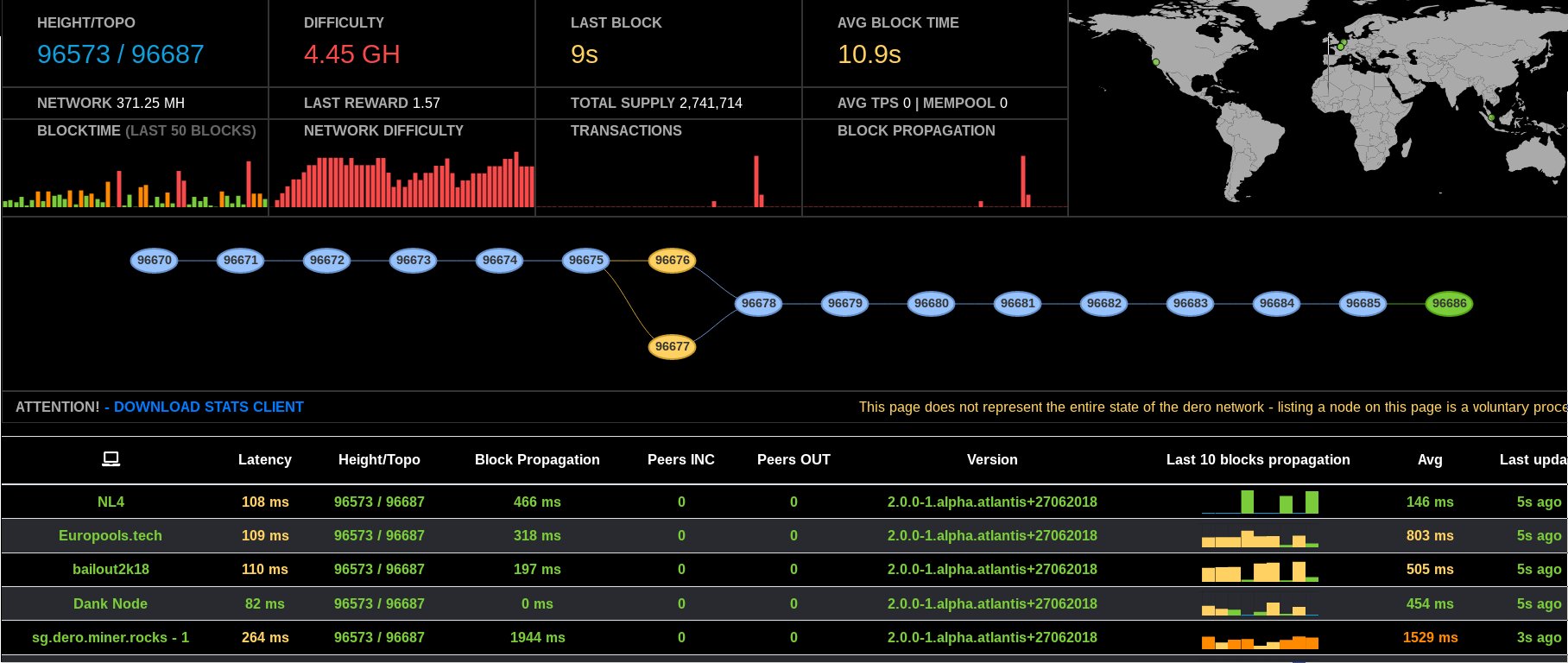Smart Contract Security Best Practices
Visit the documentation site: https://consensys.github.io/smart-contract-best-practices/
Read the docs in Chinese: https://github.com/ConsenSys/smart-contract-best-practices/blob/master/README-zh.md Read the docs in Vietnamese: https://github.com/ConsenSys/smart-contract-best-practices/blob/master/README-vi.md
Contributions are welcome!
Feel free to submit a pull request, with anything from small fixes, to full new sections. If you are writing new content, please reference the contributing page for guidance on style.
See the issues for topics that need to be covered or updated. If you have an idea you'd like to discuss, please chat with us in Gitter.
If you've written an article or blog post, please add it to the bibliography.
Building the documentation site
git clone [email protected]:ConsenSys/smart-contract-best-practices.git
cd smart-contract-best-practices
pip install -r requirements.txt
mkdocs build
You can also use the mkdocs serve command to view the site on localhost, and live reload whenever you save changes.
Redeploying the documentation site
mkdocs gh-deploy





